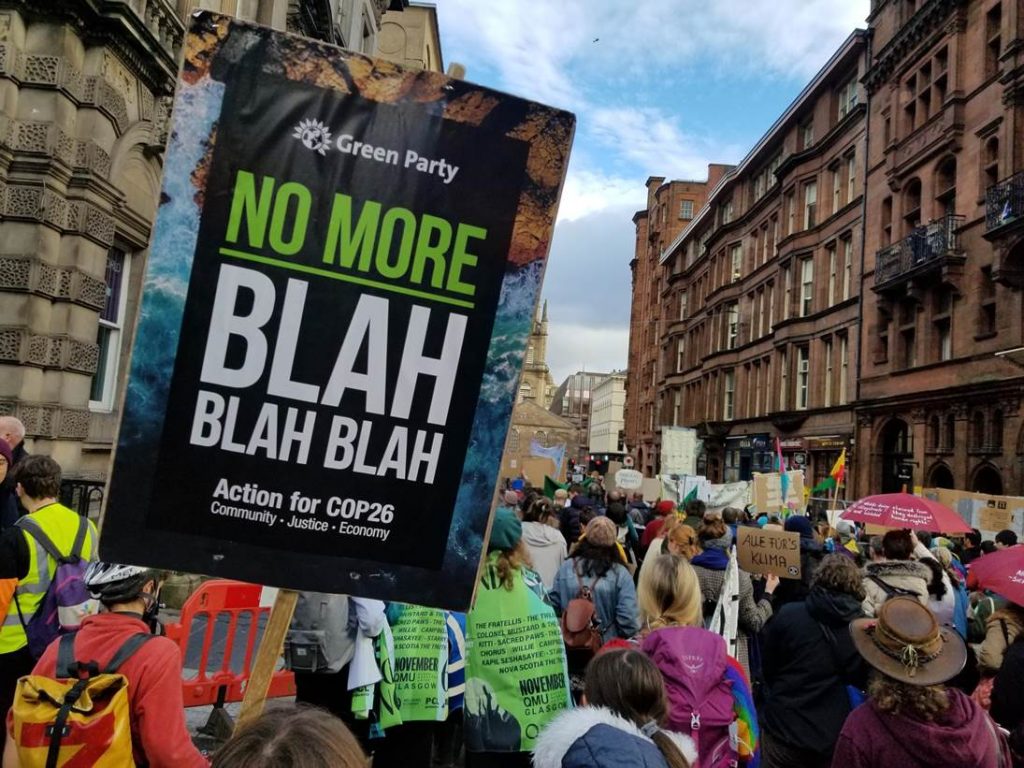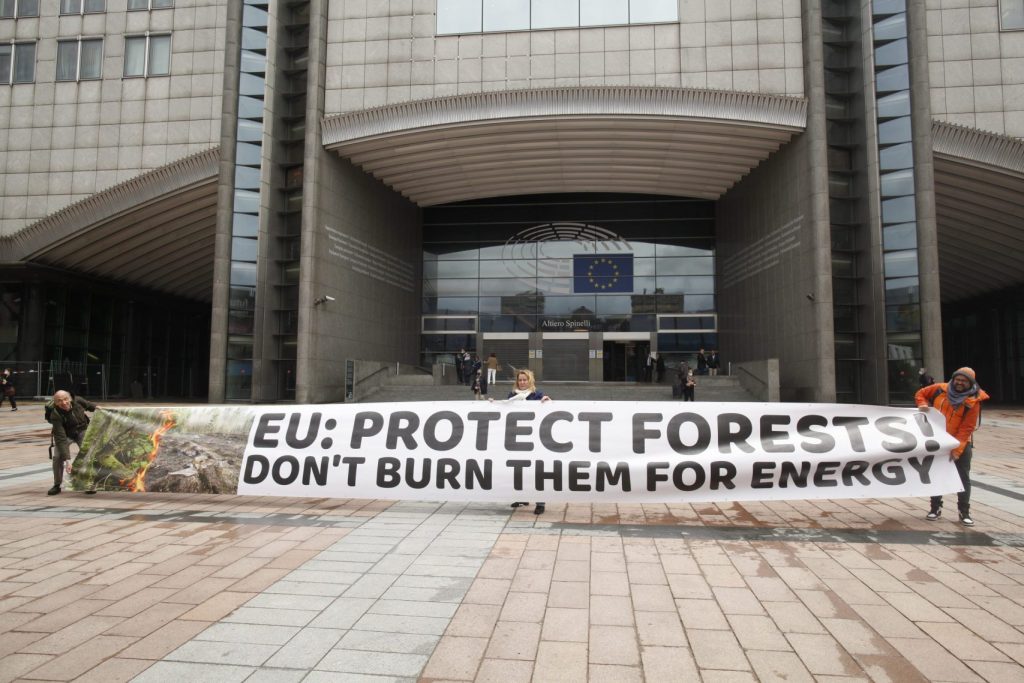
On Friday, November 12, I decided to take the morning off from COP26 to see a bit of Glasgow — the immense 12th-Glasgow Cathredral that reformationist John Knox changed from Catholic to Protestant, and the campus of the University of Glasgow, which I heard was the setting for Harry Potter movies. It wasn’t, but it could’ve been.
My goal on the last afternoon of official negotiations was to simply attend press conferences, track the shifting language in the latest draft of the Glasgow accords and Paris Agreement rulebook, and prepare for the climate summit wrap up I would write once I returned home to the U.S. I had no plans to write this story.
But sometimes luck intervenes and directs you to a front row seat to history. After getting into the venue, I noticed a line of people filing into the main plenary hall, called Cairn Gorm. It wasn’t long before I realized that this could be, in borrowing from Hamilton, ‘the room where it happened.’ When U.S. climate envoy John Kerry walked right in front of me on his way to his seat, and I then heard COP26 President Alok Sharma of Great Britain call the hastily called meeting of 196 nations “our collective moment in history,” I knew I had one last story to write from Glasgow.
The tension, the emotions, the high-stakes pressure, the frustration, the recognition of a race against time in rescuing the planet from the worst ravages of human-caused climate change infused grand, furious and pleading messages by delegates from every nation. What a story.









